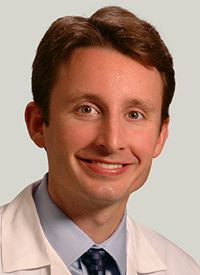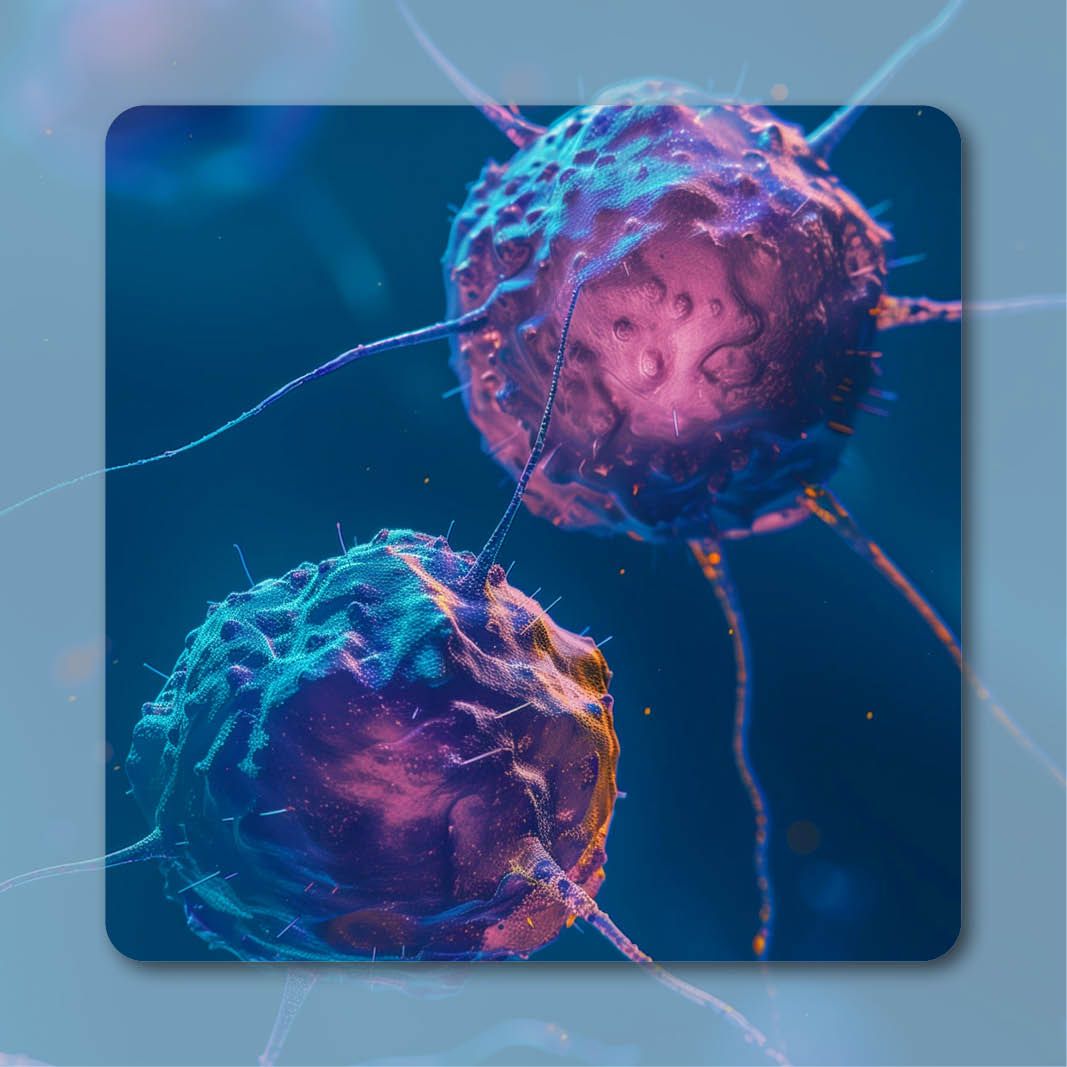Article
Long-Term Follow-Up Shows Encouraging OS With Enfortumab Vedotin in Urothelial Carcinoma
Author(s):
Long-term follow-up of patients with locally advanced or metastatic urothelial carcinoma treated with enfortumab vedotin monotherapy showed encouraging results, with half of patients still alive at 12 months and approximately one-third alive at 18 months.
Peter O'Donnell, MD

Long-term follow-up of patients with locally advanced or metastatic urothelial carcinoma treated with enfortumab vedotin (Padcev) monotherapy showed encouraging results, with half of patients still alive at 12 months and approximately one-third alive at 18 months, according to data presented at the 2020 ESMO Virtual Congress.1
Data from cohort 1 of EV-201 (NCT03219333), a single-arm phase 2 pivotal trial of enfortumab vedotin for patients with locally advanced or metastatic urothelial cancer previously treated with platinum-based chemotherapy and immune checkpoint inhibitors, demonstrated overall survival (OS) rates of 50.4% at 12 months and 34.2% at 18 months, respectively.
The study enrolled 125 patients, with a median age of 69 years and a median of 3 prior systemic treatments. The median follow-up for all patients was 22.3 months (0.5-27.3+), and median OS was 12.4 months (95% CI; 9.46-15.57). Patients received 1.25 mg/kg of enfortumab vedotin intravenously on days 1, 8, and 15 of a 28-day cycle. The median duration of treatment was 4.6 months, with a maximum duration of treatment of 27.3 months (ongoing as of data cutoff).
Enfortumab vedotin is an antibody-drug conjugate that targets Nectin-4, which is highly expressed in urothelial carcinoma.2 The FDA previously granted accelerated approval to enfortumab vedotin based on data that demonstrated an overall response rate of 44%, which was the primary endpoint of EV-201.3 That data indicated that 12% of patients experienced complete response, and the median progression-free survival for patients receiving enfortumab vedotin was 5.8 months (95% CI, 4.9-7.5), with a median duration of response of 7.6 months (range, 0.95-11.30).
The most common treatment-related adverse events (AEs) included alopecia (49.6%), fatigue (49.6%), and decreased appetite (44%). The most common treatment-related AEs that were grade 3 or higher included neutropenia (8.0%), anemia (7.2%), and fatigue (6.4%). Twelve percent of patients discontinued treatment due to AEs, with peripheral sensory neuropathy (6%) being the most common. The investigators did report 1 treatment-related death from interstitial lung disease, confounded by high-dose corticosteroid use and suspected Pneumocystis jiroveci pneumonia.
A confirmatory phase 3 trial, EV-301 (NCT03474107), has completed enrollment. That study will compare OS for patients with locally advanced or metastatic urothelial carcinoma treated with enfortumab vedotin with patients treated with chemotherapy.
References:
1. O’Donnell MD, Galsky JE, Petrylak DP, et al. EV-201: Long-term results of enfortumab vedotin monotherapy for locally advanced or metastatic urothelial caner previously treated with platinum and PD-1/PD-L1 inhibitors. Poster presented at: ESMO Virtual Congress 2020; September 19-21, 2020. Abstract 746P.
2. Rosenberg J, Sridhar SS, Zhang J, et al. EV-101: A Phase I Study of Single-Agent Enfortumab Vedotin in Patients With Nectin-4-Positive Solid Tumors, Including Metastatic Urothelial Carcinoma. J Clin Oncol. 2020;38(10):1041-1049. doi:10.1200/JCO.19.02044
3. Kahl K. FDA Approves First Agent to Treat Locally Advanced, Metastatic Urothelial Cancer. CancerNetwork. January 15, 2020. Accessed September 17, 2020. https://www.cancernetwork.com/view/fda-approves-first-agent-treat-locally-advanced-metastatic-urothelial-cancer.








